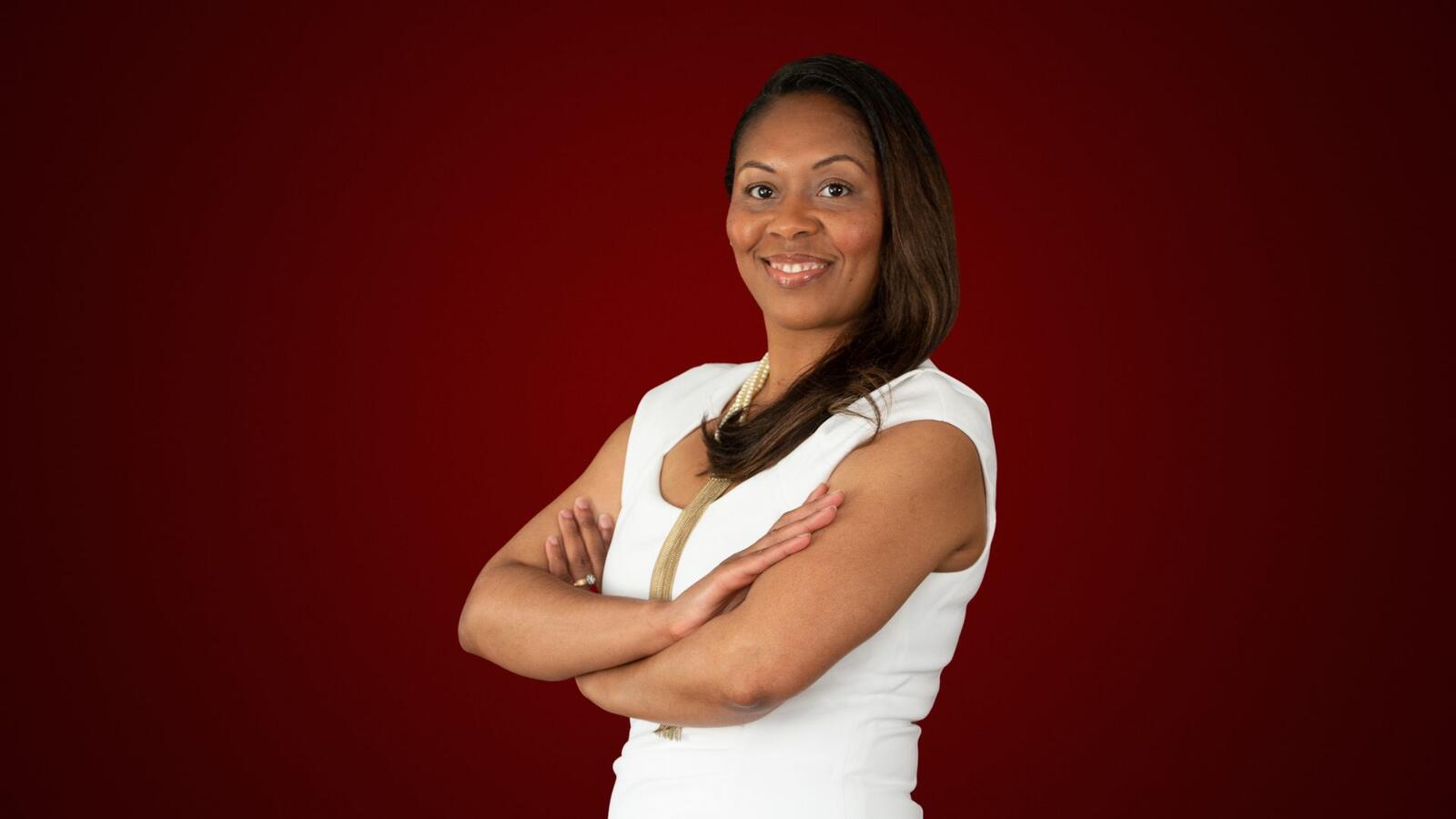Born and raised in Bowling Green, Kentucky, TaKeia N. Anthony, Ph.D. ‘07, ‘10 credits her working-class upbringing for shaping her determination and resilience. Her mother, a middle school physical education teacher, and her father, a factory worker and entrepreneur, instilled in her a balance of education and hard work.
Her love for history began in childhood, nurtured by summers spent with her great-grandparents in Campbellsville, Kentucky. Listening to their stories, she realized that Black voices were often absent from history books. That early curiosity sparked her path as a historian and archivist dedicated to preserving and amplifying the narratives of African Americans.
Though her college journey began at Barber Scotia College, it was North Carolina Central University (NCCU) where Anthony found her academic home. “The moment I stepped on campus, it felt like home. It was God-ordained,” she said.
At NCCU, she thrived under the mentorship of renowned history professors, including Sylvia Jacobs, Lydia Lindsey and Freddie Parker. Anthony, a fourth-generation college graduate and educator, earned both her bachelor’s and master’s degrees at NCCU. She later returned as an assistant professor of history for three years, winning both the College of Arts and Sciences Excellence in Teaching Award (2020) and the Excellence in Research Award (2019).
Leadership, Scholarship and Global Impact
Now director of the Freddye T. Davy Honors College at Hampton University and an associate professor, Anthony has served in higher education leadership for the past five years. She was the dean of the Honors College and executive director of the A. Philip Randolph Social Justice Center at Edward Waters University in Jacksonville, Florida and dean of the Honors College and Graduate School at Kentucky State University.
Anthony is a historian of the African Diaspora. She has lectured across the United States and internationally in Ghana, South Korea, the Dominican Republic, Puerto Rico and elsewhere. Her scholarship includes two books: The Universal Ethiopian Students’ Association, 1927–1948: Mobilizing Diaspora (2019) and Delta Research and Educational Foundation: 55 Years of Black Women’s Intellectualism and Philanthropy, 1967–2022 (2023).
“Our struggles as people of African descent are not isolated,” she said. “They are global. My mission is to prepare students to become intellectual leaders who can create solutions across the diaspora.”
In 2014, Anthony made history as the first African American woman from Bowling Green, Kentucky to earn a Ph.D. She earned her doctorate degree of African Diaspora History from Howard University. “It’s bittersweet,” she said. “The sweet part is being able to show my community and students that it can be done. The bitter part is that it took until 2014 for a Black woman from my hometown to reach this milestone.”
Eagle Pride and Giving Back
Anthony’s Eagle Pride runs deep. As a Double Eagle and member of NCCU’s “40 Under 40” Alumni Class of 2016, she says those recognitions are badges of honor. “To be a Double Eagle is to know you’ve come through the fire twice and emerged stronger,” she said. “The rigor, the expectations, the love at Central—it prepared me for every role I’ve stepped into.”
She returns frequently to NCCU to participate in panels, mentor students and share professional guidance with the next generation of historians. She makes financial contributions, particularly during Homecoming season.
“I still hear from my former students on social media, and I’m always writing recommendation letters, reviewing exhibits, or providing guidance,” Anthony said” Staying connected to Central is part of who I am.”
When asked what advice she would give to current NCCU students, Anthony emphasizes faith, purpose and community.
“First, keep God first and find your purpose. That will guide every decision,” she said. “Second, build your community. Have mentors above you, peers alongside you, and mentees behind you.”
She urges students to embrace hard work and stay open to unconventional career paths. “Being a historian doesn’t mean becoming a professor. You can write a curriculum, consult, or work in museums, archives or for the government on the local, state or national levels. Our stories are needed everywhere,” she said.
